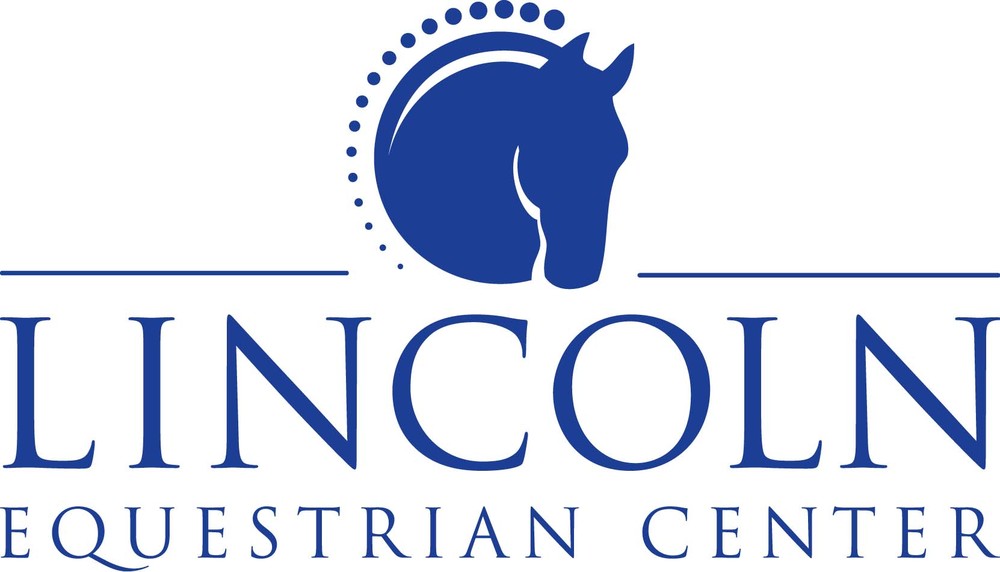Perhaps you were not quick enough to get signed up for a clinic. Maybe we didn't hear about the clinic in time and think "well shoot. I wanted to ride!! I really wanted to get some feedback from This Wonderful Teacher" Guess what? Even if you aren't riding you can still learn a great deal from auditing a clinic. Clinicians by nature, are teachers. Their classroom is the arena and EVERYONE in the arena, not just the one on the horse, are the students.
Having sat through numerous clinics over the course of my life both valuable and perhaps not so much I've been able to pick up a lot. Yes, it's certainly wonderful to be the rider but if for whatever reason you've not scored a riding spot all hope is not lost. For a fraction of the cost you pay to ride, auditors have the pleasure of observing the ENTIRE DAY of rides...that's right for anywhere from $0 to $200.00 (depending on the clinician/symposium) you can go home with tons of knowledge and insight.
Here are the top 5 reasons to Audit a Clinic:
1: It's Cheaper than Riding Yes, that's right. It's worth repeating. Auditing a clinic is a more affordable option than riding in a clinic. Throughout the course of two days a rider can absorb a lot of the same lessons as if you'd ridden in the clinic. If you think you only learn riding techniques by riding them, well, to be frank. You're wrong. You watch videos, read magazines and books. A clinic is just the same. Most riders when paying attention will have some of the bodily feelings of riding even while sitting in a chair while they watch a horse go, so in a way you're riding every ride and getting that feeling. Every clinician has a trademark or an emphasis...that will be repeated and worked on throughout the clinic. Guaranteed you'll go home from even a day of auditing with that idea imprinted in your mind and YOU'LL TRY IT AT HOME!
2: Clinicians Interact with Auditors Ever watched Youtube and wished you could ask George Morris a question? If your answer is yes, then you should know many times clinicians will answer questions from auditors. So long as you are polite and wait until it's a good time most clinicians are happy to answer your questions. It's also not all together uncommon for clinicians to engage with auditors with non-mounted learning experiences especially as it relates to riding position. If you stick around for lunch there are often plenty of chances to interact with clinicians.
3: Try Before You Buy Has someone in the area brought in a new clinician? Perhaps someone you haven't heard about, and your budget is already shot from buying fancy stirrup irons? Not certain you are ready to pay $150.00 for a lesson? Audit the clinic. Watch this new person teach and see if you think that person is someone you'd like to work with or if their methodology is something that's helpful to you. If yes, then you are certainly poised to immediately speak to the clinic organizer and get a spot in the next clinic. If no, well then you just saved a whole bunch of money.
4: Support Your Community If there is no interest, people won't organize clinics. How do clinic organizers know if people are interested in clinics? Well, folks sign up to ride and people come to audit. If perhaps you're too busy to ride in THIS clinic or can't do a clinic right now because your horse is injured...well audit. Let the organizer know that you're interested. Organizing clinics takes time and energy, if there is no interest there will be no clinics, and it could be a long time until someone in your area tries again to bring someone in. Auditors ARE part of the clinic experience, they bring an essential vibe to each clinic that's appreciated by both rider and clinician alike.
5: It's fun Don't tell them, most especially if they aren't famous for a sense of humor, but clinicians are funny. It's a great time to be with your horsey friends over the course of a couple of days learning and enjoying the horse world without having to haul the horse and do the thing. It's relaxing, entertaining and good to experience something a little different than your normal weekend of cleaning the house once you get home from the barn.
Not enough yet? Okay...how about 2 more BONUS reasons to audit a clinic.
6: Get Inspired!! Inevitably there will be at least one great ride and one ride that's got some pretty awful moments. Both types of rides are totally inspiring. One ride is the one you want to have and the other fills you with pride in the person who gets through that tough spot. Auditing a good clinic will really inspire you to go home and try some new things.
7: What's Happening? Just moved to the area? Audit the clinic, meet new people who are active in the community. Looking for a new trainer? Go to a clinic and watch them ride. Trying to sell a horse/buy a horse/check out a barn...AUDIT a clinic. Go to the place where the people who you need to talk to are going to be.
